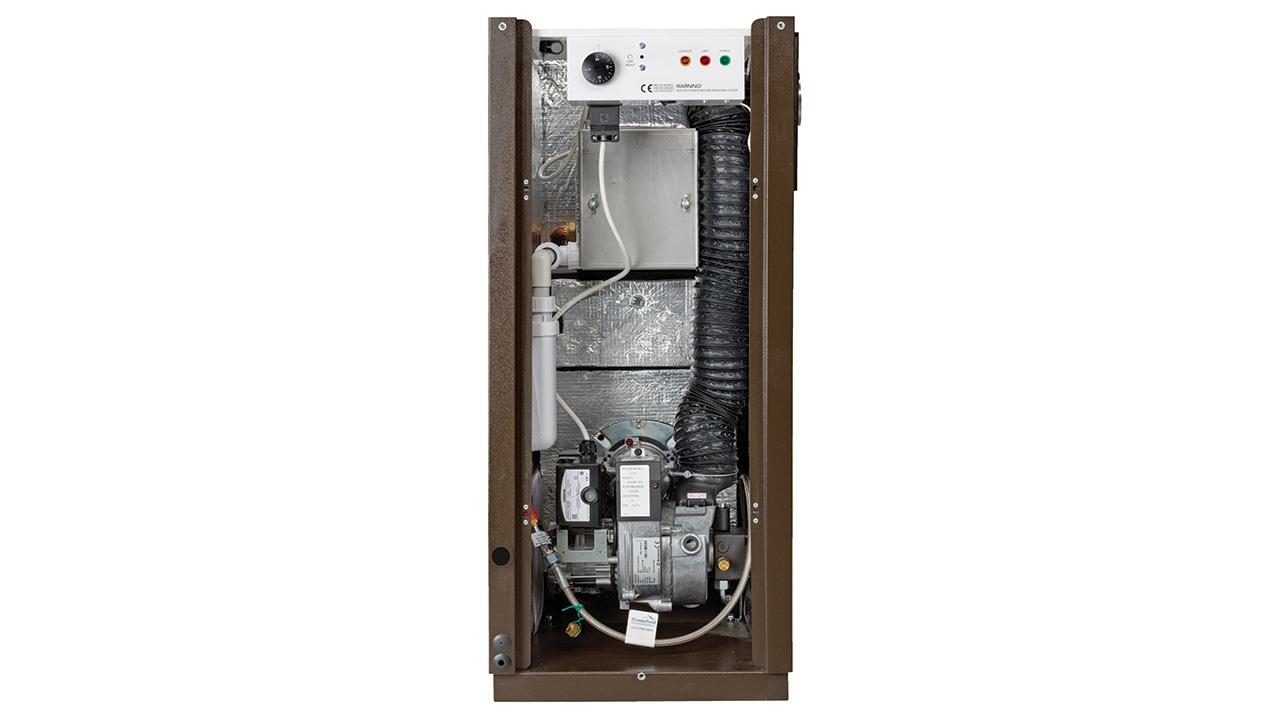

Andrew Hounsfield, Managing Director at Hounsfield Boilers, explains why oil boilers are the ideal solution to prevent fuel poverty in rural areas.
According to OFTEC, there are approximately 2.38 million households in the UK classed as living in fuel poverty, meaning they can’t afford to keep their homes warm. This problem is greater in rural regions where homeowners typically live in older, poorly insulated and harder to heat properties where access to mains gas can be sparse.
For a long time oil boilers have been given a bad rap, thought to be very inefficient and detrimental to the environment; however the majority of oil-fired boilers, unlike gas powered boilers or electric storage heaters, have been 85% efficient for the last 30 years. Government would like homeowners to make the switch to new energy sources to help the UK become carbon neutral by 2050 – ideologically this sounds great, but is this practical for those who can’t afford to heat their homes?
Much has been made of new technologies, especially ground source heat pumps, and although heat pumps may offer benefits to newbuild properties, the initial cost of the system is immense, which is not ideal for those living in fuel poverty. Recent figures from consumer champion, Which?, state that it can cost between £10,000-18,000 to install ground source heat pumps.
Their figures also reveal that homeowners looking to make the switch from an A rated oil-boiler heating system to a ground source heat pump could add £30 to £35 to their annual bill, and that’s after they’ve forked out the installation fees.
Of course there are various grants available to help homeowners make the switch, but even with Renewable Heat Incentive payments, adopting heat pump technology will prove costly and homeowners may have to sit on their properties for years in the hope of recouping their initial spend.
Naturally there’s a desire from homeowners to seek out new environmentally-friendly energy sources, yet many are unaware of the overhaul required to their existing heating and hot water system to make the systems compatible. For example, heat pumps are most effective when applied to underfloor heating – existing radiators rarely meet the needs of new heat pumps and often need to be upgraded. Solar panels can help reduce hot water bills, but often a new solar cylinder and solar heating coil will need to be added.
Of course, houses whatever their energy source, need to be fully insulated to maximise efficiencies, otherwise all these upgrades will be lost. Naturally, older properties in rural areas are harder to insulate, so the cost savings for switching to alternative energy sources are questionable.
Over the past few years the UK has experienced some very cold winters, plus there’s also been an alarming growth in excessive winter deaths amongst the elderly. According to E3G and National Energy Action, in 2018 a staggering 17,000 people died during the winter months due to cold housing, this should simply not be happening in our modern-day society. We need to be able to provide affordable and energy efficient heating solutions for all.
So, what is the solution? Installers and homeowners need to take a second look at oil. As I said earlier, the majority of oil boilers have been 85% energy efficient for the last 30 years and current models offer energy efficiency ratings in the high 90s. Yes, oil is a fossil fuel, and no doubt alternative bio-fuels will in time take their place, but for the short-medium term it offers rural regions a cost effective, efficient, and reliable energy source.
Another very attractive benefit of oil is that it’s currently very cheap to buy. Therefore savvy shoppers can often strike a great deal with oil suppliers, especially right now, due to the effects of COVID-19 pandemic, and more generally during the summer months when demand is weak.
Oil boiler technologies are tried and tested, and a good oil boiler will enjoy an energy efficient life span of between 25-30 years, whereas it’s unknown the true length of service with new alternative technologies. Oil boilers have been around since 1960s and continue to offer one of the most energy efficient and cost-effective heating and hot water solutions on the market, which continue to make them ideal for rural settings.
If you'd like to keep up-to-date with the latest developments in the heating and plumbing industry, why not subscribe to our weekly newsletters? Just click the button below and you can ensure all the latest industry news and new product information lands in your inbox every week.